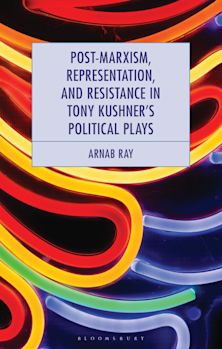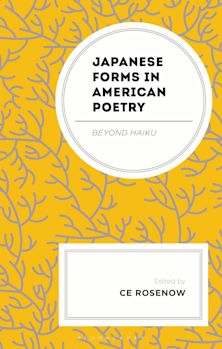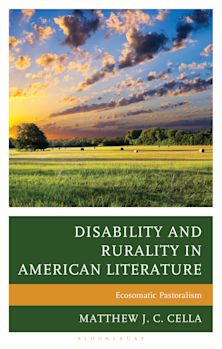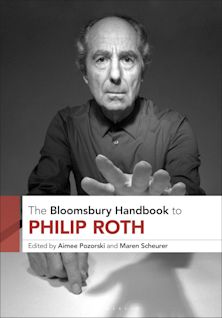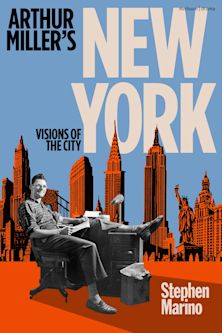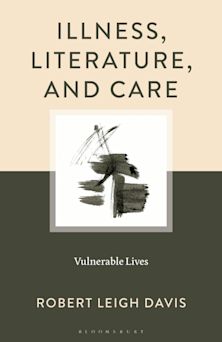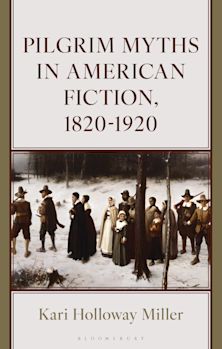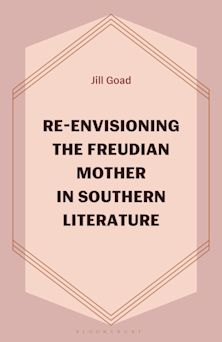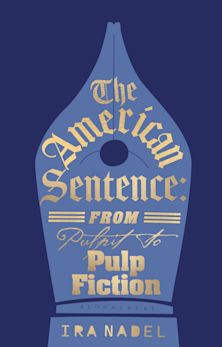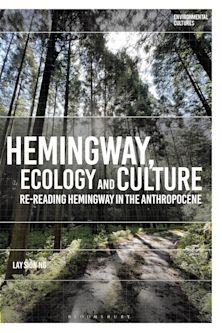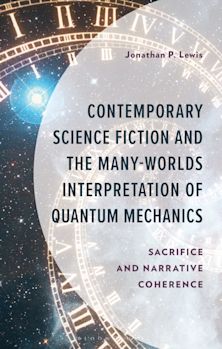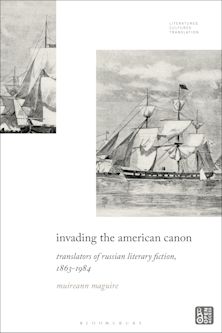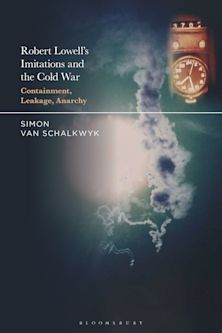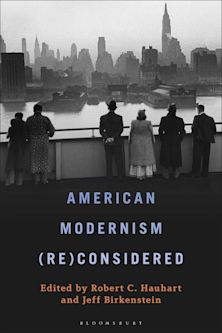- Home
- ACADEMIC
- Literary Studies
- North American and Caribbean Literature
- Fate and Freedom in the Novels of David Adams Richards
Fate and Freedom in the Novels of David Adams Richards
Fate and Freedom in the Novels of David Adams Richards
This product is usually dispatched within 1 week
- Delivery and returns info
-
Free US delivery on orders $35 or over
You must sign in to add this item to your wishlist. Please sign in or create an account
Description
This book explores the understanding of freedom developed in the later novels of celebrated Canadian author, David Adams Richards. Many reviewers highlight two interconnected features in Richards novels: a seemingly rigid determinism of setting and sociodemographics, and a resulting hopelessness. In contrast, Richards describes the quest of human life and the purpose of his novels as a search for freedom. This book explores the account of freedom that is developed through the course of four of Richards’s works: The Friends of Meager Fortune, Mercy Among the Children, The Lost Highway, and Crimes Against My Brother. Following the Augustinian thread that informs Richards’s writing, we argue that rather than presenting an understanding of human life that is bleak or hopeless, Richards instead reveals an argument wherein one’s happiness and freedom is found in the midst of love.
Table of Contents
Introduction
I.Meager Fortunes Indeed: The Friends of Meager Fortune
II. Seeking Mercy: Mercy Among the Children
III.Travelling Lost Highways: The Lost Highway
IV.Conclusion: Crimes Against My Brother
V.Postscript: Principles to Live By
Product details
| Published | May 19 2017 |
|---|---|
| Format | Hardback |
| Edition | 1st |
| Extent | 174 |
| ISBN | 9781498528702 |
| Imprint | Lexington Books |
| Dimensions | 9 x 6 inches |
| Publisher | Bloomsbury Publishing |
About the contributors
Reviews
-
Overall, the authors make a convincing case that Richards’ novels, while they portray a universe in which the protagonists are beset by cruel twists of fate and in which their own willful choices often undo them, ultimately do contain seeds of hope and an underlying belief in the efficacy of love and self-sacrifice.
VoegelinView
-
Freedom is a choice. This is the radical account that Sara MacDonald and Barry Craig present of the later novels of David Adams Richards. The Friends of Meager Fortune, Mercy Among the Children, The Lost Highway, and Crimes Against My Brother are novels, to the commentators, which describe a course toward freedom. Freedom is truly a state of being: it is a choice and an end point. . . . The book of commentary (rather than criticism) follows four of Richards’ later novels, re-narrating and commenting on the plots. In Richards’ schemes, what is bleak and hopeless can also preserve epiphanies of freedom. This book addresses objections that Richards’ work is unkind to his characters, his plots booby-trapped with inescapable fates and prophecies that doom and debilitate. Events and characters are reframed in the commentators words as 'studies of human resilience, and the triumphs of [Richards’] characters are the moments of their greatest freedom.' . . . . MacDonald and Craig provide a sophisticated take on Richards’ view of theodicy. Richards is not interested in the “problem of freedom.” Freedom is choice.
Canadian Literature













